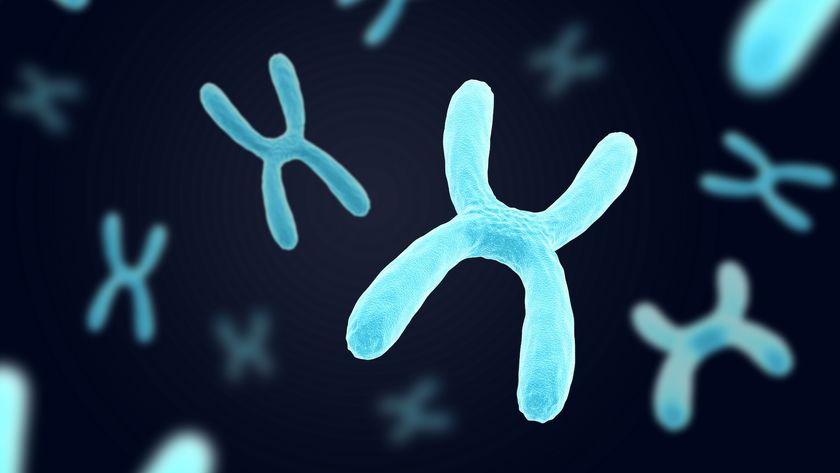Flies Made to Live Longer
Tweaking certain genes causes female flies to make more offspring and live longer. The implications for humans are not yet clear.
Scientists have long thought that "the more you reproduce, the shorter you're going to live," said John Tower, associate professor of biological sciences at University of Southern California. True, sometimes, Tower said today.
Tower and graduate student Yishi Li found genes that could make older flies lay more eggs. When older female flies were altered to over-express the genes, they produced more offspring and lived 5 to 30 percent longer.
Tower speculates the genes are boosting activity of stem cells in the flies' reproductive system. Otherwise, stem cell activity declines with age, and reproduction in older flies could not happen without a return of stem cells to peak form.
"This would appear to be stimulating the stem cells to divide more in the old fly and therefore produce more offspring," Tower said.
The researchers now plan to figure out whether stem cells in other parts of the fly's body also returned to their youthful prime. If they did, over-expression of the genes would seem to act as a fountain of youth for the entire organism.
The implications for humans and other mammals are not clear, Tower said, though one of the two genes they found has a human equivalent that helps cells to grow and blood vessels to form.
Sign up for the Live Science daily newsletter now
Get the world’s most fascinating discoveries delivered straight to your inbox.
The finding is detailed this month in the journal Molecular Genetics and Genomics.












